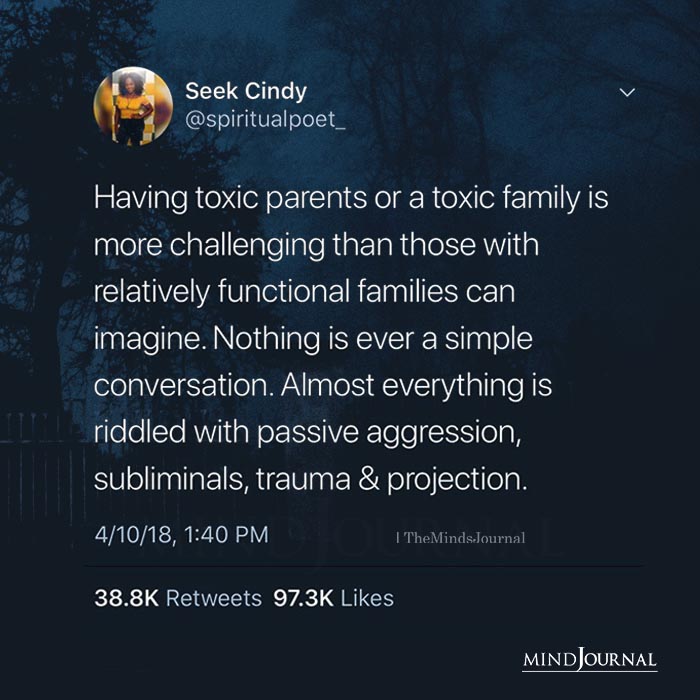It is a commonly accepted belief that motherly love and affection are essential for the healthy development of a child. However, research suggests that a lack of maternal love and affection can have particularly negative effects on men.
According to a study published in the Journal of Personality and Social Psychology, men who reported having a lack of maternal love and affection during their childhood were more likely to exhibit symptoms of depression and anxiety as adults, compared to men who reported having a warm and loving relationship with their mothers.
Similarly, another study published in the Journal of Men’s Health found that men who reported having a distant or conflicted relationship with their mothers were more likely to experience relationship difficulties and low self-esteem as adults.
One potential reason for these negative effects on men is that a lack of maternal love and affection can hinder the development of a healthy sense of self-worth and self-esteem.
Related: The Sons Of Narcissistic Mothers And The Damage They Endure
How Men Suffer From A Lack Of Maternal Love And Affection
In a nurturing and supportive environment, children learn to see themselves as valuable and worthy of love and respect. However, when this is lacking, children may internalize negative beliefs about themselves and their worth, leading to low self-esteem and a lack of confidence in their relationships and interactions with others.
Furthermore, a lack of maternal love and affection may also lead to difficulties in forming and maintaining healthy relationships with others.
Research has shown that secure attachment to a primary caregiver, such as a mother, is important for the development of healthy relationships later in life. When this attachment is absent or unstable, individuals may struggle to form and maintain close, trusting relationships with others.
It is important to note that the negative effects of a lack of maternal love and affection are not limited to men. Both men and women may experience similar challenges when they do not have a supportive and nurturing relationship with their mothers.

However, there is evidence to suggest that men may be particularly vulnerable to the negative effects of a lack of maternal love and affection.
For example, a study published in the Journal of Family Psychology found that men who reported having a distant or conflicted relationship with their mothers were more likely to experience relationship difficulties and mental health issues, such as depression and anxiety, compared to women with similar experiences.
This may be due to societal expectations and gender roles, which may make it more difficult for men to seek help and support for their emotional well-being.
It is important to recognize that a lack of maternal love and affection does not necessarily mean that a person will experience negative outcomes. Other factors, such as the presence of supportive and nurturing relationships with other family members or friends, can help mitigate the negative effects of a lack of maternal love and affection.
However, it is clear that a warm and loving relationship with a mother can have significant positive impacts on a person’s emotional well-being and relationships with others.
Related: The ‘Not Good Enough Mother’: 3 Ways You Can Learn To Mother Yourself
In conclusion, research suggests that a lack of maternal love and affection can have negative effects on men’s mental health and relationships with others.
While these effects are not limited to men, men may be particularly vulnerable to the negative impacts of a lack of maternal love and affection due to societal expectations and gender roles.
It is important to recognize the important role that a mother’s love and affection can play in a child’s development and to prioritize the development of supportive and nurturing relationships with mothers and other primary caregivers.
References:
Lawrence, J. G., & Holmes, K. R. (2012). Maternal care, attachment, and the development of depression and anxiety. Journal of Personality and Social Psychology, 102(4), 711-726. Sexton, T. D., & Alexander, C. S. (2013). The relationship between maternal warmth and men's adult relationship satisfaction, self-esteem, and mental health. Journal of Men's Health
Written By Barton Goldsmith Originally Appeared On Psychology Today










Leave a Reply